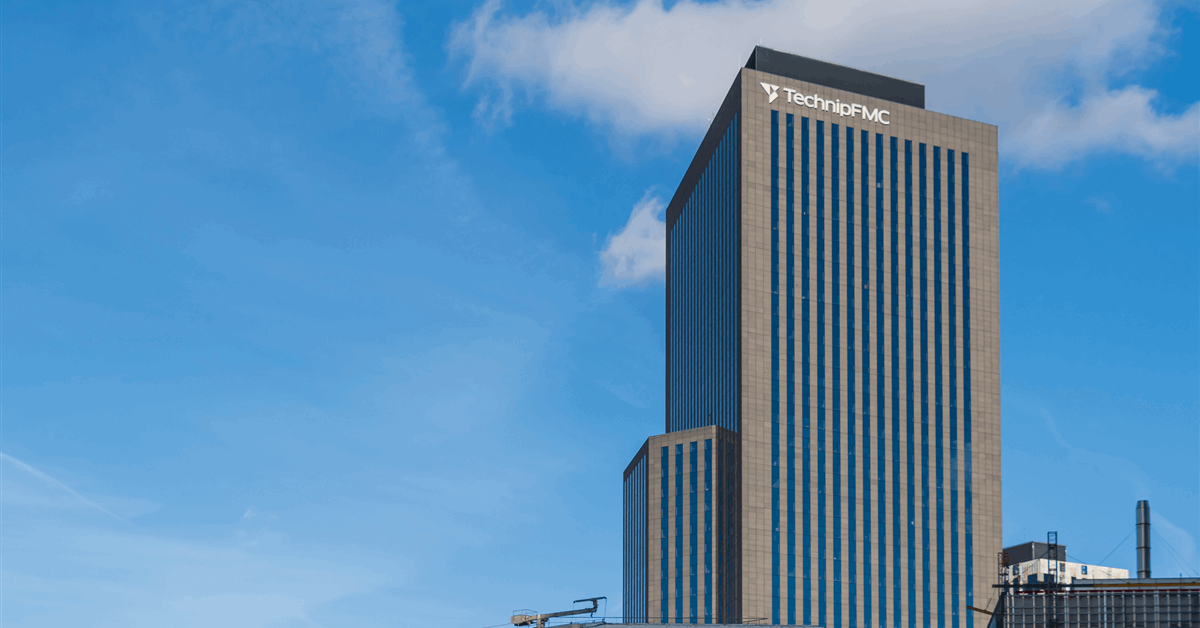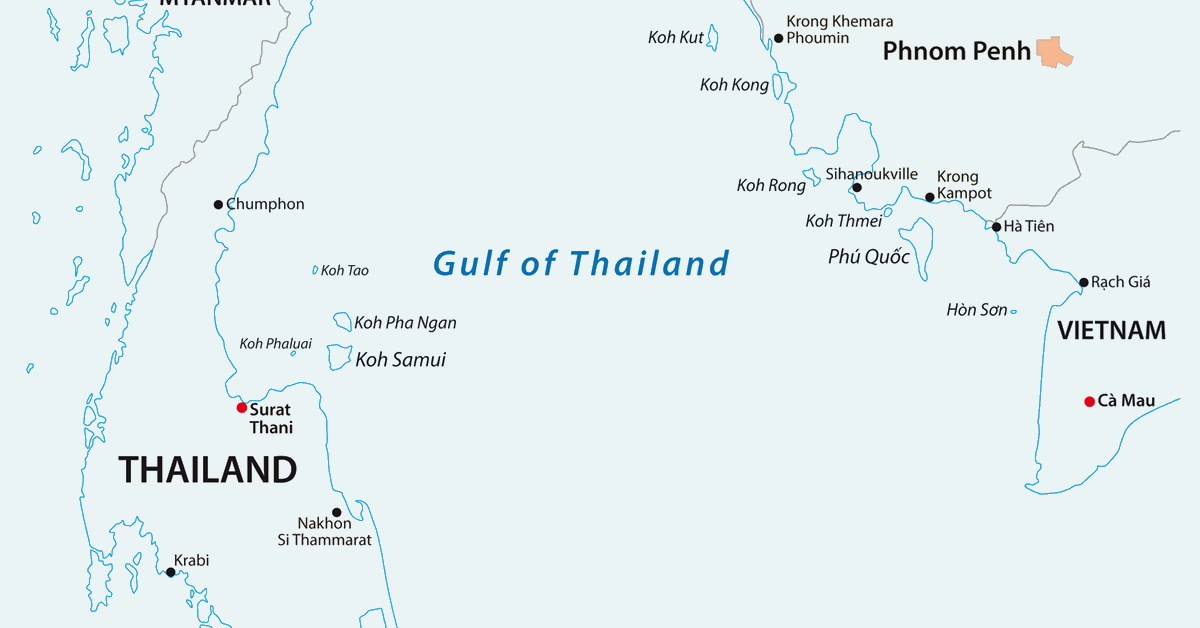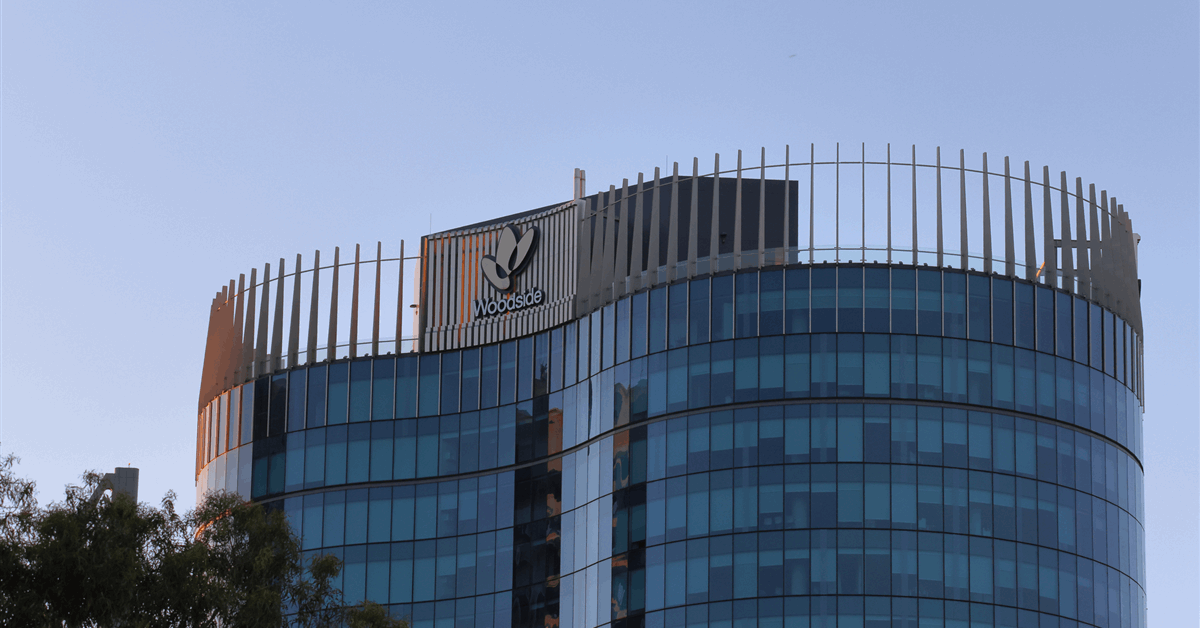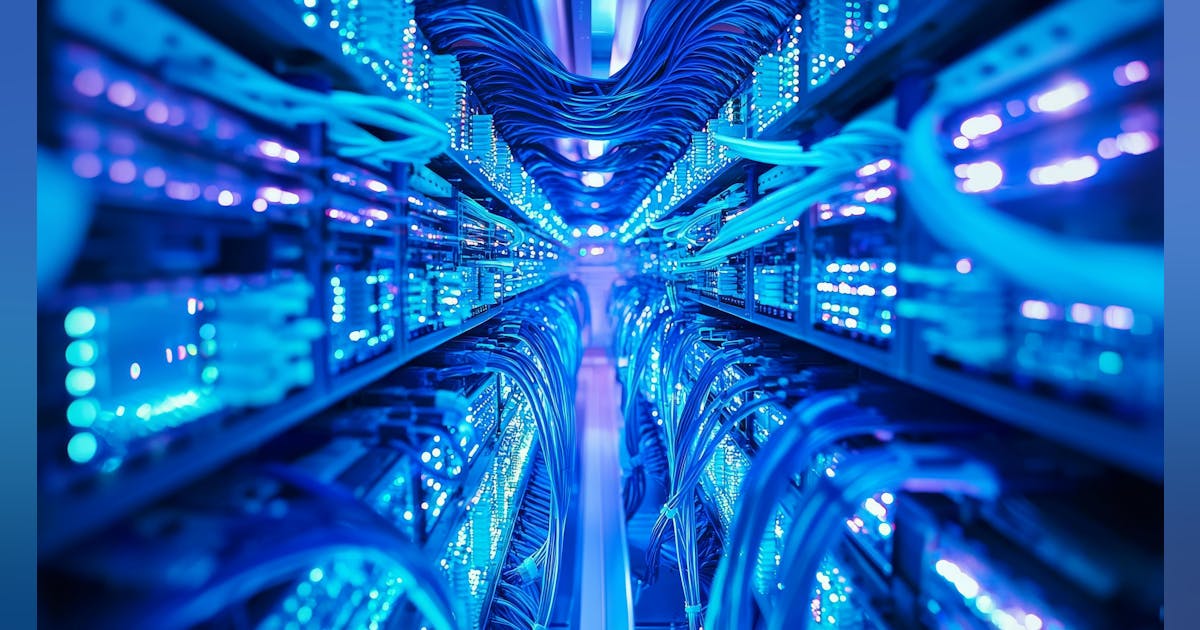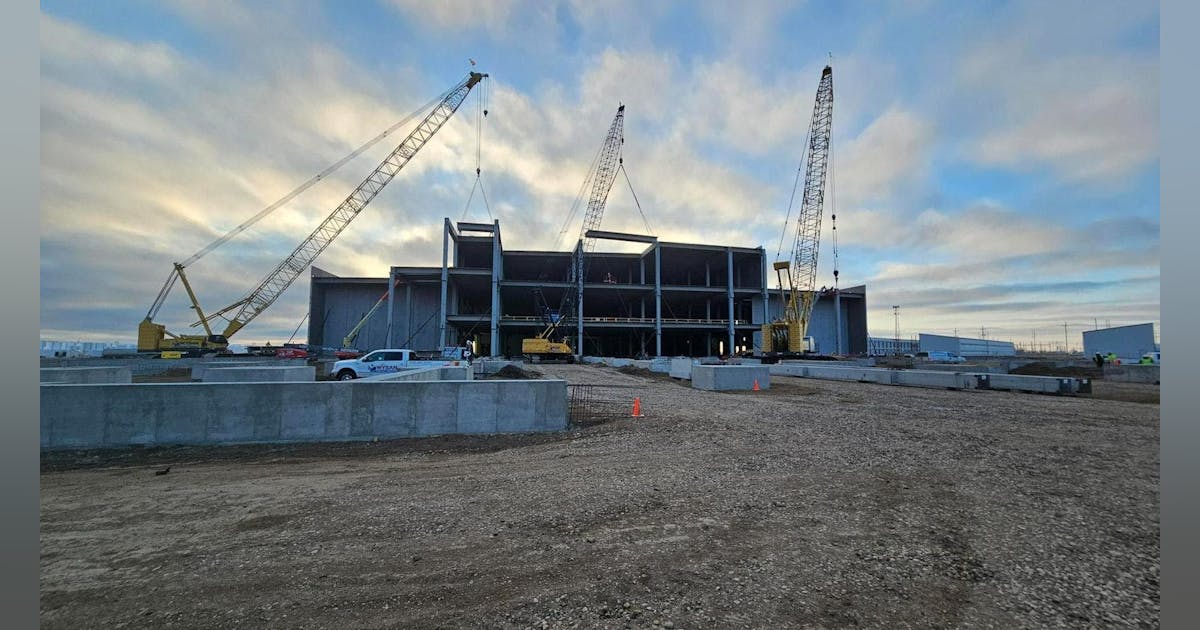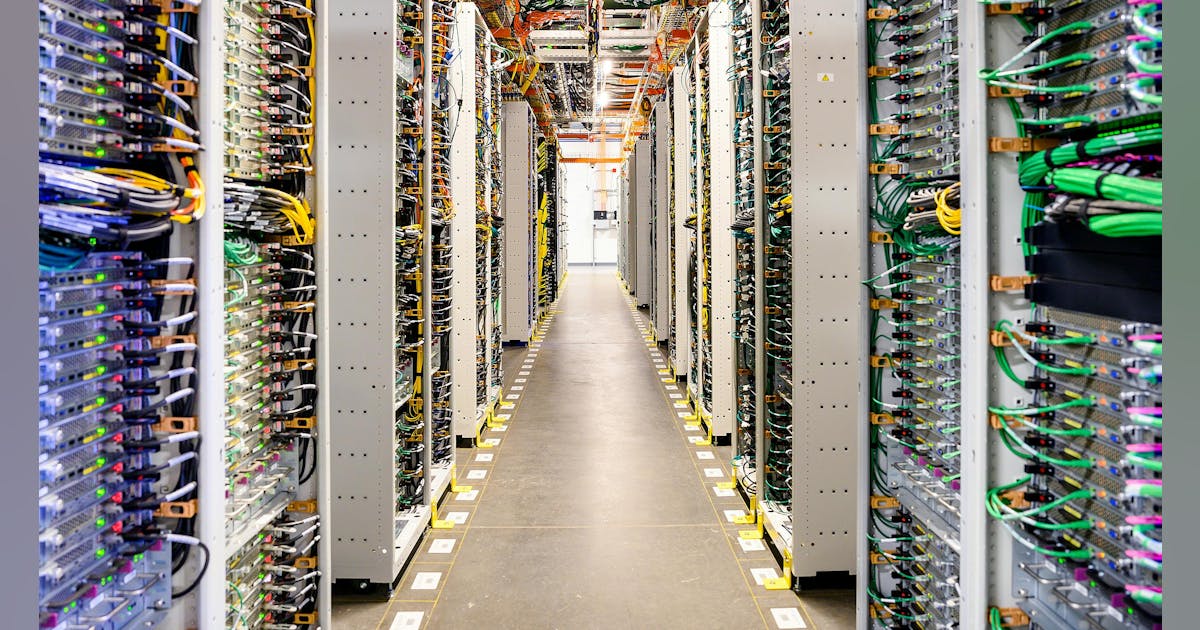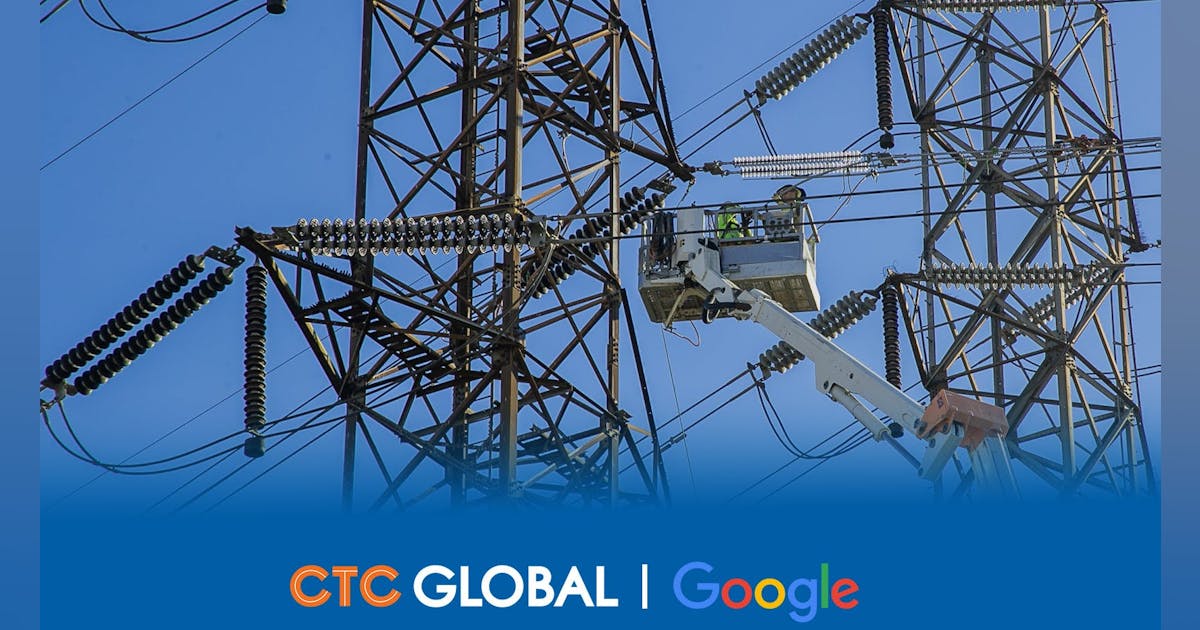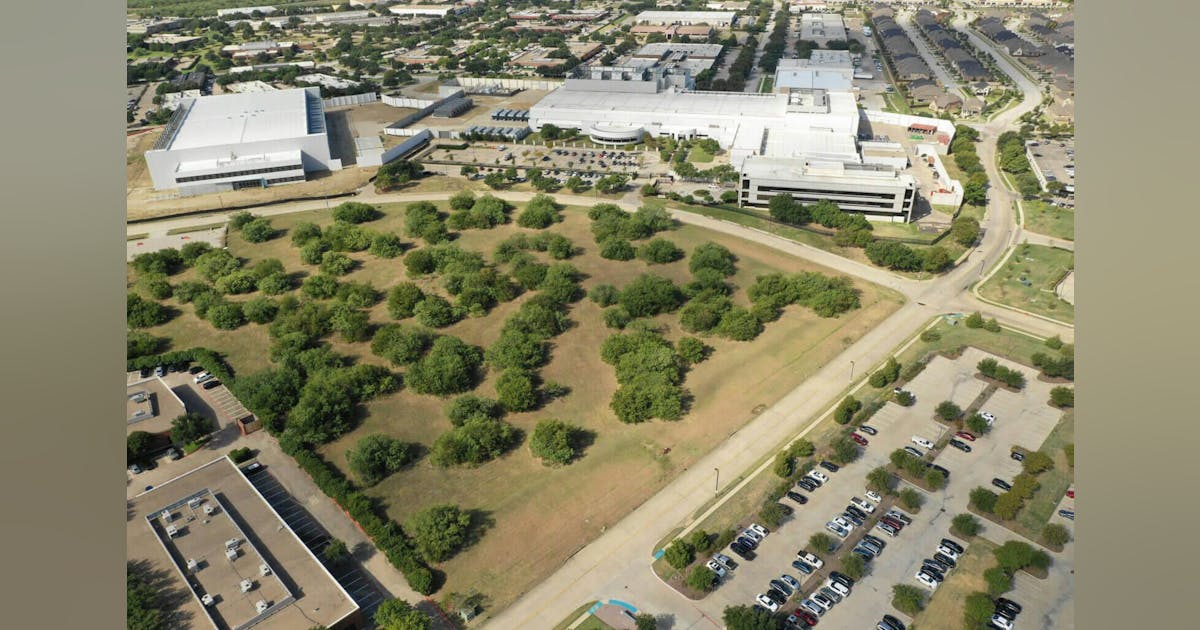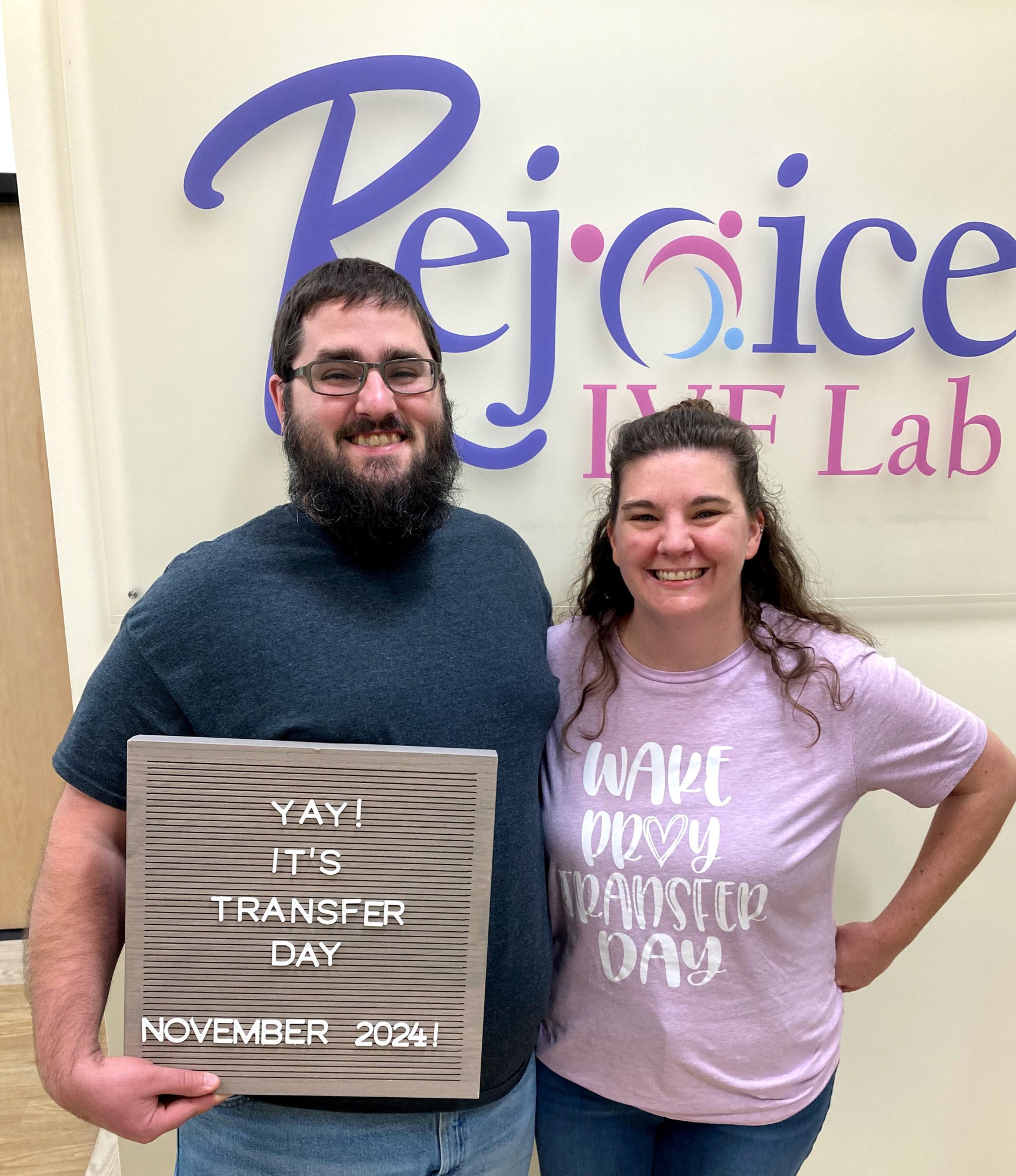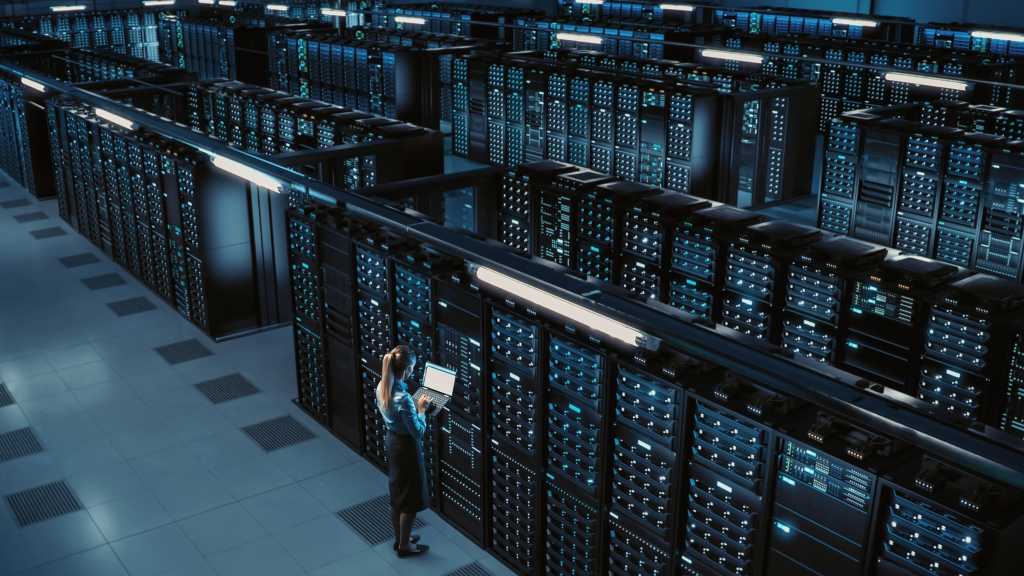
“For CIOs, this shift means more competition for AI infrastructure. Over the next 12–24 months, securing capacity for AI workloads will likely get harder, not easier. Though cost is coming down but demand is increasing as well, due to which CIOs must plan earlier and build stronger partnerships to ensure availability,” said Pareekh Jain, CEO at EIIRTrend & Pareekh Consulting. He added that CIOs should expect longer wait times for AI infrastructure. To mitigate this, they should lock in capacity through reserved instances, diversify across regions and cloud providers, and work with vendors to align on long-term demand forecasts.
“Enterprises stand to benefit from more efficient and cost-effective AI infrastructure tailored to specialized AI workloads, significantly lower their overall future AI-related investments and expenses. Consequently, CIOs face a critical task: to analyze and predict the diverse AI workloads that will prevail across their organizations, business units, functions, and employee personas in the future. This foresight will be crucial in prioritizing and optimizing AI workloads for either in-house deployment or outsourced infrastructure, ensuring strategic and efficient resource allocation,” said Neil Shah, vice president at Counterpoint Research.
Strategic pivot toward AI data centers
The OpenAI-Oracle deal comes in stark contrast to developments earlier this year. In April, AWS was reported to be scaling back its plans for leasing new colocation capacity — a move that AWS Vice President for global data centers Kevin Miller described as routine capacity management, not a shift in long-term expansion plans.
Still, these announcements raised questions around whether the hyperscale data center boom was beginning to plateau.
“This isn’t a slowdown, it’s a strategic pivot. The era of building generic data center capacity is over. The new global imperative is a race for specialized, high-density, AI-ready compute. Hyperscalers are not slowing down; they are reallocating their capital to where the future is: AI,” said Sharad Sanghi, cofounder and CEO of Neysa, an AI cloud and platform-as-a-service company.
OpenAI’s agreement with Oracle appears to signal the opposite of any perceived slowdown trend in hyperscale data center growth, especially in the context of AI.

